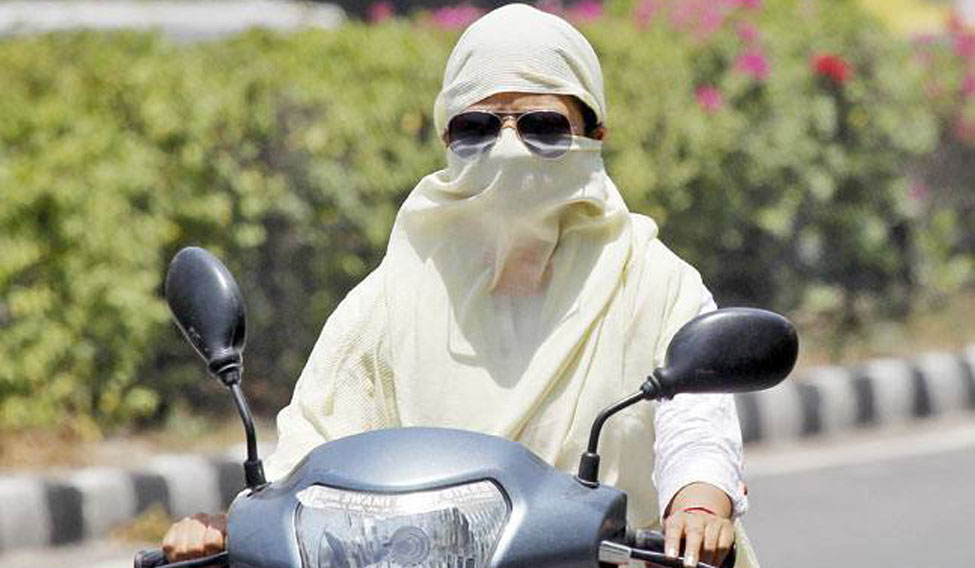In the run up to finalising a national policy for protecting people from climate sensitive illnesses, officials at the Union ministry of health and family welfare have been meeting with their counterparts from northern states such as Jammu and Kashmir, Himachal Pradesh, Punjab, Chandigarh, Haryana and Rajasthan. While taking their cue from the National Action Plan on Climate Change and Human Health, states are expected to improvise and come up with their own action plans.
These deliberations are important because of the rising impact of climate change on health. According to the draft of the national plan, global warming directly affects health because of "changes in temperature and precipitation" and "occurrence of heat waves, floods, droughts and fires".
Studies based on hospital admissions or emergency presentations have reported "increases in events due to cardiovascular, respiratory, and kidney diseases", says the document. This impact has been related to the duration and intensity of heat; health risks during "heat extremes are greater in people who are physically active such as manual labourers".
An indirect impact on health occurs due to ecological disruptions, rising sea level, changing temperatures and precipitation patterns which leads to crop failures, "shifting patterns of disease vectors, water-borne disease, vector-borne disease". Climate dependent diseases particularly affecting vulnerable populations include vector-borne diseases such as malaria and dengue, and air pollution, the draft plan notes.
The national action plan also renders a special focus on "protecting women, children, and marginalised sections of society from such illnesses".
As meetings with state officials have begun, India maybe closer to having a national policy that would include an "integrated early health warning system, state specific emergency response plan, along with increased capacity to provide health care to the most vulnerable and the marginalized populations". The focus will be on strengthening local monitoring of appropriate climate and disease variables, and "building temporally and spatially disease specific database".
The genesis of the proposed policy lies in the 21st Conference of Parties under the UN Framework Convention on Climate Change that took place in Paris in 2015. In 2008, Manmohan Singh, the then prime minister, had released the country's first National Action Plan on Climate Change. However, the plan was broadened in 2015 by Prime Minister Narendra Modi, who introduced four new areas, including health, in the plan.




